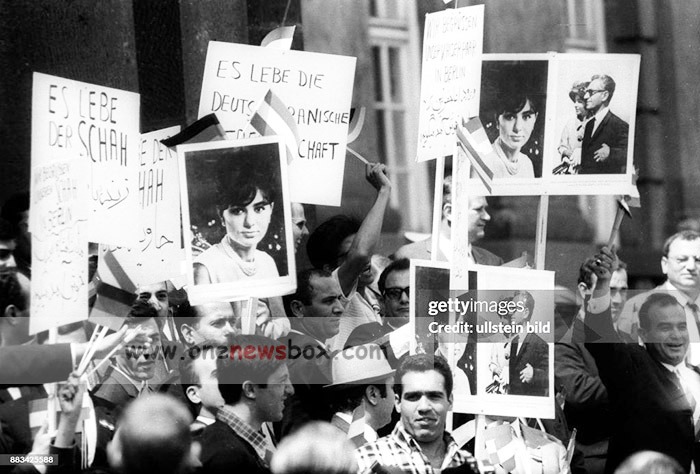This contrast was evident in the Shah’s personal habits and demeanor. He was not a man of extravagance, at least in his day-to-day life. He dressed simply when not in uniform and reportedly ate modest meals. His fondness for traditional Iranian foods like Kalleh Pacheh—a dish made from sheep’s head and feet—was tempered by his delicate stomach, which could not handle the dish’s richness. He preferred grilled chicken and fish, and rarely indulged in alcohol. Unlike his father, who reveled in the symbols of military might, Mohammad Reza wore his uniforms adorned with a colorful array of medals, often seen by critics as excessive, even theatrical.
In his final years, the Shah’s worldview became increasingly conspiratorial and paranoid. This shift was partly a result of repeated betrayals—real or perceived—and his experience with both domestic opposition and foreign manipulation. His last memoir, Answer to History, reads as a tragic document—a long and sometimes delusional account of his downfall, filled with shadowy references to international plots and betrayals. The tone of the book suggests not only bitterness but a deep sense of confusion and hurt. He could not understand how the people he had tried to modernize, and the West he had aligned himself with, had seemingly turned on him.
The Shah’s belief in conspiracies was deeply rooted and increasingly consumed his perception of politics. He saw Britain as a constant meddler in Iranian affairs, never forgiving them for their role in deposing his father during World War II. In his view, the British were the puppet masters behind many of the regime’s opponents, from the communist Tudeh Party to radical clerics like Ayatollah Khomeini. He believed that these groups, although ideologically disparate, were united by the hidden hands of foreign intelligence agencies aiming to destabilize Iran for control of its oil and geopolitical position.

